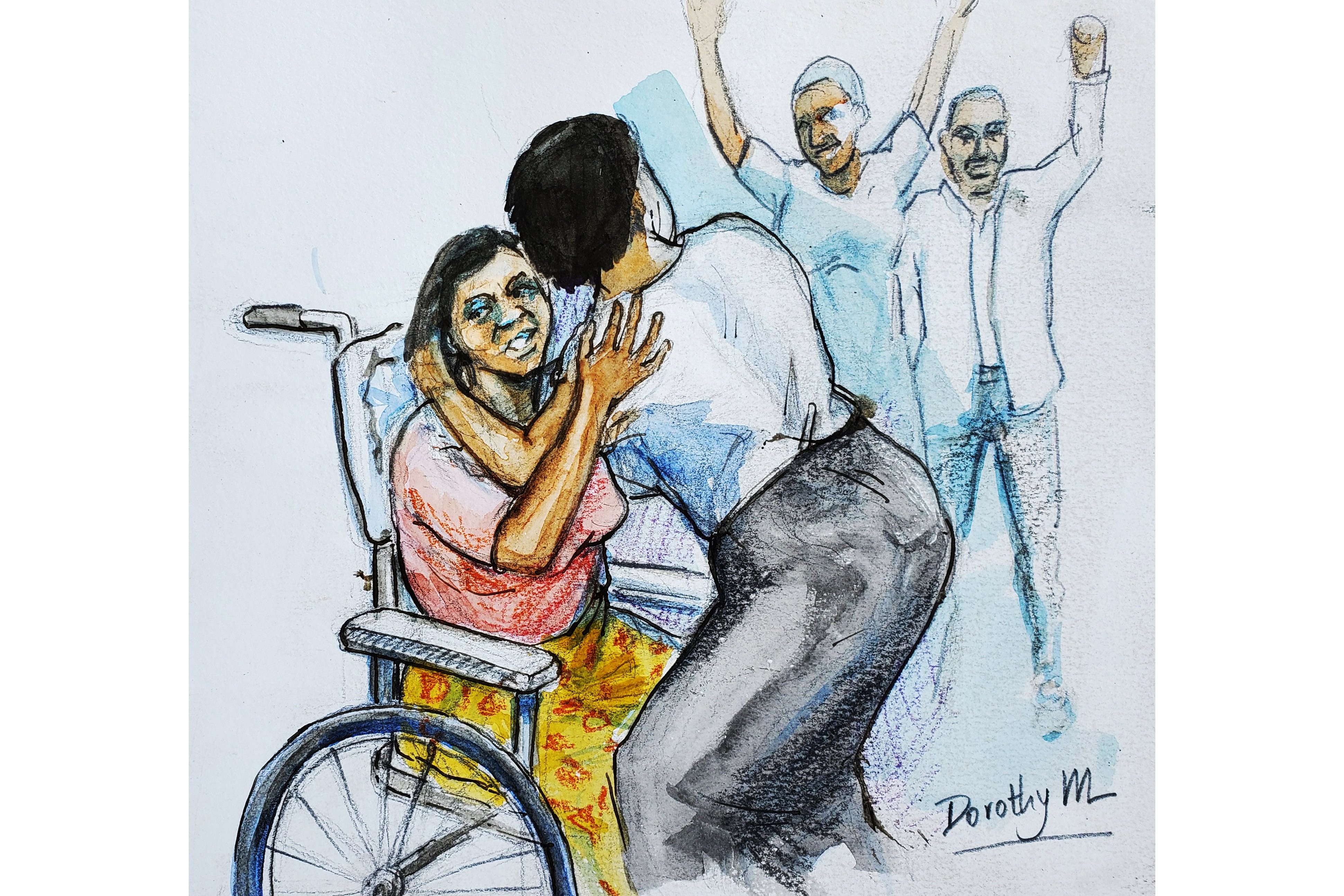Prime
Reasons for detaining of patients

What you need to know:
- It was found that the detained women were on average younger and had a lower income than their colleagues who attended the same health unit. Some of the women who were detained were either widows or never married.
At the Jason Sendwe Hospital, a provincial hospital in Lubumbashi, in the Democratic Republic of the Congo, a six-week survey was carried out in a maternity ward from August 5 September 15, 2016 to, among other reasons, establish why patients were detained in the hospital.
The practice of detaining patients for failing to pay for health services was apparently rampart in the hospital.
During this period more than half of the 85 women who were on the maternity ward and eligible for discharge were detained for failure to clear their outstanding hospital bills.
The bills ranged from between $20 to $500 and the detention period was up to one month.
Survey
In a previous case a mother was detained for more than two months. The average number of days the mothers were detained was five days.
It was clear from the survey that the practice of detaining people who are unable to pay for the health services they have received is widespread in many parts of the world.
In this community were the monthly household income was about $60 more than 90 percent of patients paid for health services.
The mothers were detained together with their babies. These mothers were not issued discharge papers on the expected day of release because they had not paid some or all the fees incurred from their or infant’s care.
The normal practice was to discharge a mother three days after a normal delivery and 10 days after a caesarean section.
Violation of human rights
The detained mothers were denied discharge papers and to leave the hospital, a mother had to show these papers at the main gate.
This was thought to be shameful and disrespectful to the mothers and a violation of various international standards and conventions that consider such detentions as loss of autonomy. Hospital detentions were an open secret even although this is a violation of human rights.
It was found that the detained women were on average younger and had a lower income than their colleagues who attended the same health unit. Some of the women who were detained were either widows or never married.
A number of the detained women delivered by caesarean section and those that had normal deliveries developed complications after delivery. Some of the detained mothers had twins while others had lost their babies soon after delivery. These women had initially been attended to at another facility before being referred.
Circumstances
At the first facility many of them paid more money than at the hospital they were detained in. In many cases the women had not intended to deliver in this hospital but circumstances forced them here. Extra charges were levied on the women for the days they were detained.
The central Government paid only a fraction of the hospital’s operating costs. The hospital administration confirmed that in the previous year, only three monthly payments came from the government.
Costly
The cost of an uncomplicated delivery at the health facility was set by the local politicians without consulting the hospital administration and this cost was disseminated on the news and other media.
The patients coming to this hospital expected to pay this amount, which was lower than elsewhere. But in reality there was great variability in what fees were actually charged, invariably doubling in some instances.
There was a higher basic cost for a caesarean section which cost some people acknowledged was too expensive, given the standard of living of the families in the area served by the hospital.
However, additional fees were charged for the operating kit, medication and the neonatology unit.
Patients rarely paid for their hospital bills by themselves; often the extended family would take up a collection among its members to pay the bills.
Poverty and medical complications after delivery that increased the cost of health care were the main reasons why patients failed to pay their hospital bills. The women rarely, if ever, were unable to pay following an uncomplicated normal delivery.
Alone and frightened
Some of the women were abandoned by their families or partners and this was one of the reasons for non-payment of the hospital bills.
Some of the women were young and not married or some fell pregnant as a result of sexual abuse or rape and others had been displaced due to armed conflict.
Some of the poor women were deliberately referred to this centre for non-medical reasons especially when they could not afford the bills in the lower health units. These women, in reality, were abandoned by the lower health units.
The non-payment and detention prevented the hospital from operating fully because the hospital beds were filled with women who could not pay.
The medical staff could not do their job properly as they were poorly and irregularly paid and some nurses had to sell disposable diapers and medications to offset their low salaries.
There was no official policy in place regarding detention of patients; some of the mothers were encouraged to pay in installments.
Some health workers collected money directly from the patients to buy food for the detained patients or as pay to release them. Some patients, such as state employers, received a discount and could not be detained.
Sometimes some of the women were released when they had no food and had no means to feed themselves. It was also found that some of the patients simply could not afford to pay the accumulated bills.
Some of the mothers were forced to share beds or even had their babies taken away to coerce them to pay. It was not uncommon for mothers to escaped without paying, especially those who had lost their babies.
To be continued
There was no official policy.
Dr Sylvester Onzivua
Medicine, Law & You




